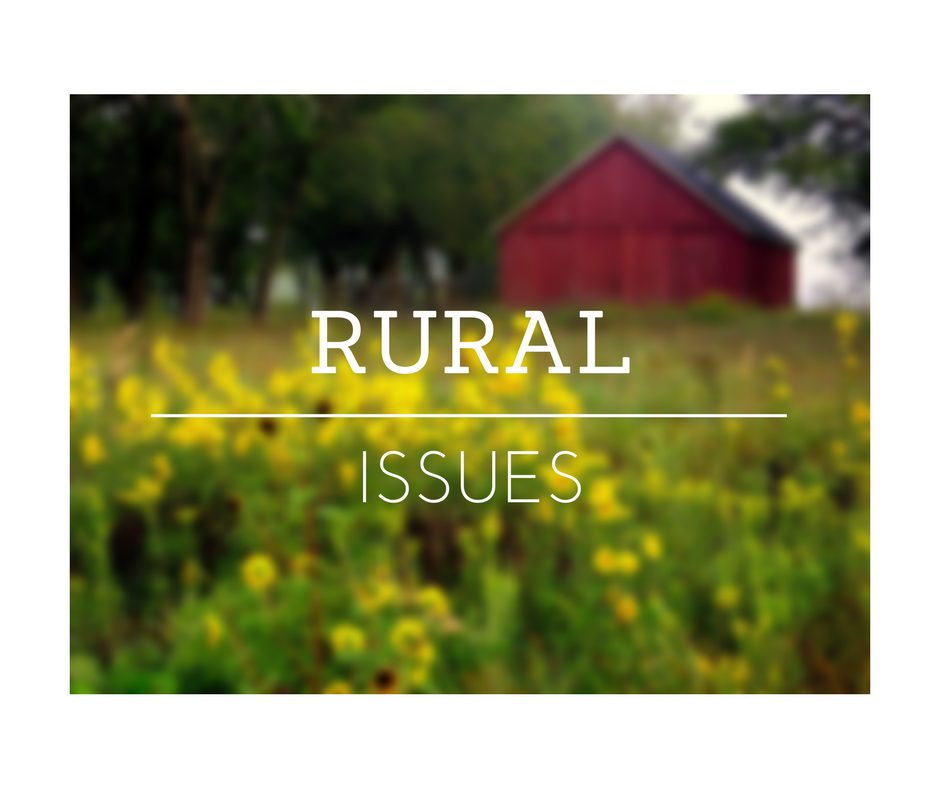In a decision closely watched by farm and animal welfare interests, the United States Supreme Court ruled 5-4 to uphold California’s Proposition 12 that regulates how hogs in the state are to be raised and treated—and also forbids the import of pork from out of state from pigs raised in ways contrary to the law’s mandates.
Prop 12 affects more than hog production; it also requires that besides mother hogs, hens used for eggs and calves raised for veal be given at least enough space to stand up, turn around and extend their limbs. The law bans the in-state sale of pork, eggs and veal produced via extreme confinement. Prop 12 was approved by California voters, with 63% voting in favor.
Cites federalism
Justice Neil Gorsuch, writing the lead opinion for the five-judge majority, cited federalism and deference to the will of state voters in brushing aside arguments that Prop 12 violated the Constitution’s Commerce Clause, even though it prohibits the import of meat and eggs from other states unless it meets Prop 12’s standards. Gorsuch wrote that although Congress has the undoubted power to regulate interstate commerce, it had passed no laws regulating interstate trade in pork or displacing Prop 12. Deferring to Prop 12 means the court is refusing to assume unwarranted “judicial power” in the face of Congress’ “silence” on interstate pork trade and the “dormant” powers in the Commerce Clause.
Gorsuch said the plaintiffs “invite us to fashion two new and more aggressive constitutional restrictions on the ability of states to regulate goods sold within their borders. We decline that invitation. While the Constitution addresses many weighty issues, the type of pork chops California merchants may sell is not on that list.” Justices Barrett and Sotomayor used different arguments to affirm the measure.
Reaction from ag and animal welfare interests was swift, both pro and con. “We are thrilled that after months of tireless efforts and unwavering dedication, we have emerged victorious in our landmark Supreme Court defense of California’s Proposition 12. The decision, announced earlier today, upholds the nation’s strongest farm animal protection law and unanimously rejects the pork industry’s primary constitutional claim. The hard work, perseverance and passion of our teams and supporters played a crucial role in achieving this historic outcome,” wrote Kitty Block and Sara Amundson in a blog post. Block is president and CEO of the Humane Society of the United States and CEO of Humane Society International.
Higher prices?
Many ag groups predicted that pork prices would rise nationally. Scott Hays, a Missouri pork producer and president of the National Pork Producers Council, said, “We are very disappointed with the Supreme Court’s opinion. Allowing state overreach will increase prices for consumers and drive small farms out of business, leading to more consolidation. We are still evaluating the court’s full opinion to understand all the implications. NPPC will continue to fight for our nation’s pork farmers and American families against misguided regulations.”
“Prop 12 remains a costly burden to producers and provides no benefit to animals or consumers,” said Julie Anna Potts, president and CEO of the Meat Institute. “We are disappointed in the Court’s decision and will carefully study the ruling to determine next steps.”
U.S. Senator John Boozman, R-AR, ranking member of the U.S. Senate Committee on Agriculture, Nutrition, and Forestry, said, “The court’s decision to uphold California’s extremely misguided Proposition 12 is bad news for all Americans. It means that voters in one state, in this case an extremely liberal one, can determine regulations for any industry outside its borders and, in turn, raise prices on products for the rest of the nation. At a time when food inflation remains historically high, California has decided that Americans will need to pay more to add animal protein products to their plate, while threatening the livelihoods of family farms across the country.”
Sen. Roger Marshall, R-KS, said, “I’m disappointed the Supreme Court did not strike down California’s Proposition 12; we simply can’t allow radical state laws to dictate the agricultural practices of the rest of the nation, especially in a way that will only increase food costs for the food insecure and drive farmers and ranchers out of business. I will be re-introducing my Exposing Agricultural Trade Suppression (EATS) Act to prohibit state and local governments from interfering with the production or manufacture of agricultural products in other states.”
Iowa Secretary of Agriculture Mike Naig said, “Having the safest, most abundant, and most affordable food supply in the world is foundational to the American way of life. Today’s Supreme Court’s decision in National Pork Producers Council v. Ross undermines that firm foundation. While today’s ruling is focused on agricultural production, it will certainly creep into other industries. This disappointing decision sets a concerning precedent and opens the door for the largest states to dictate the laws and regulations for consumers and businesses to the rest of America. This sets the stage for a state-by-state patchwork of ever-changing and costly requirements that will increase the cost of production and drive higher costs for food and other consumer products.”
Not all the reaction among producers was negative. Chris Oliviero, general manager at Niman Ranch, the organic meat pioneer that was founded in California, said, “This is a truly watershed moment for animal welfare. Since day one, Niman Ranch has been one of the only companies to ban the use of crates for raising hogs and today our more than 500 independent family farmer partners proudly raise their pigs 100% crate free. We applaud the Supreme Court’s decision and this historic moment for humane animal care.”
David Murray can be reached at [email protected].




